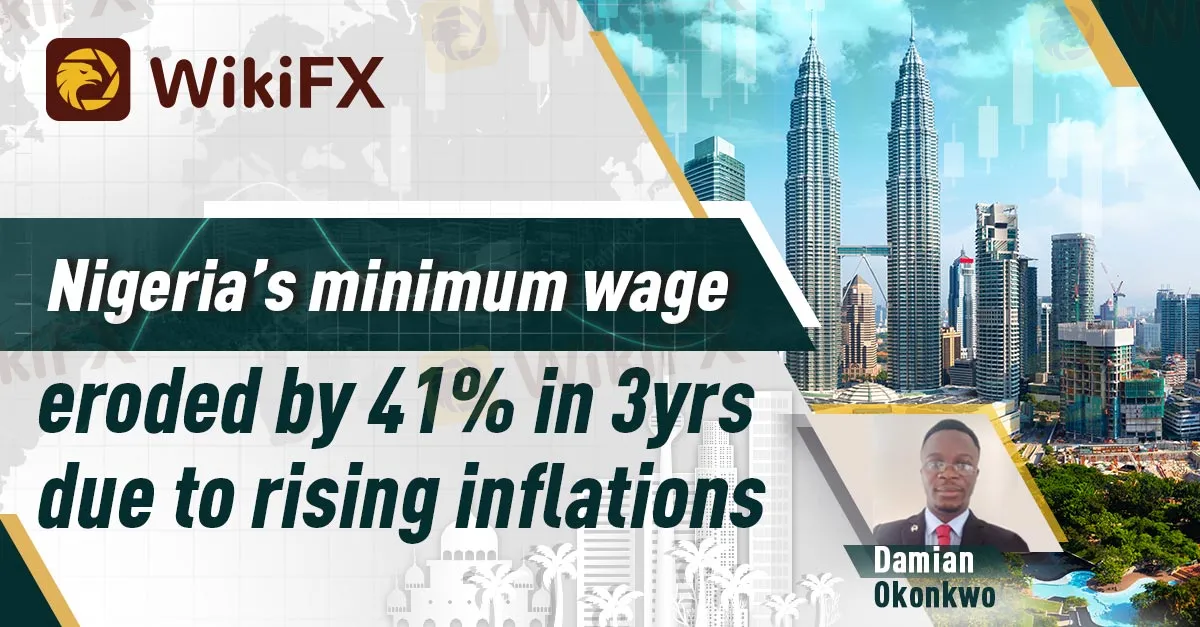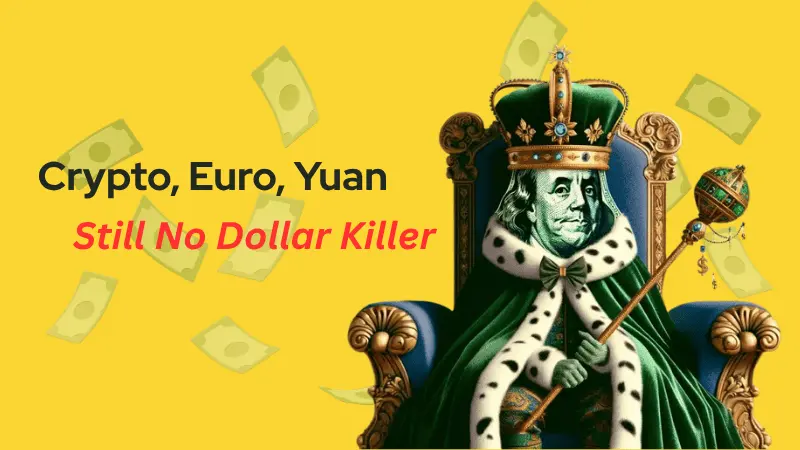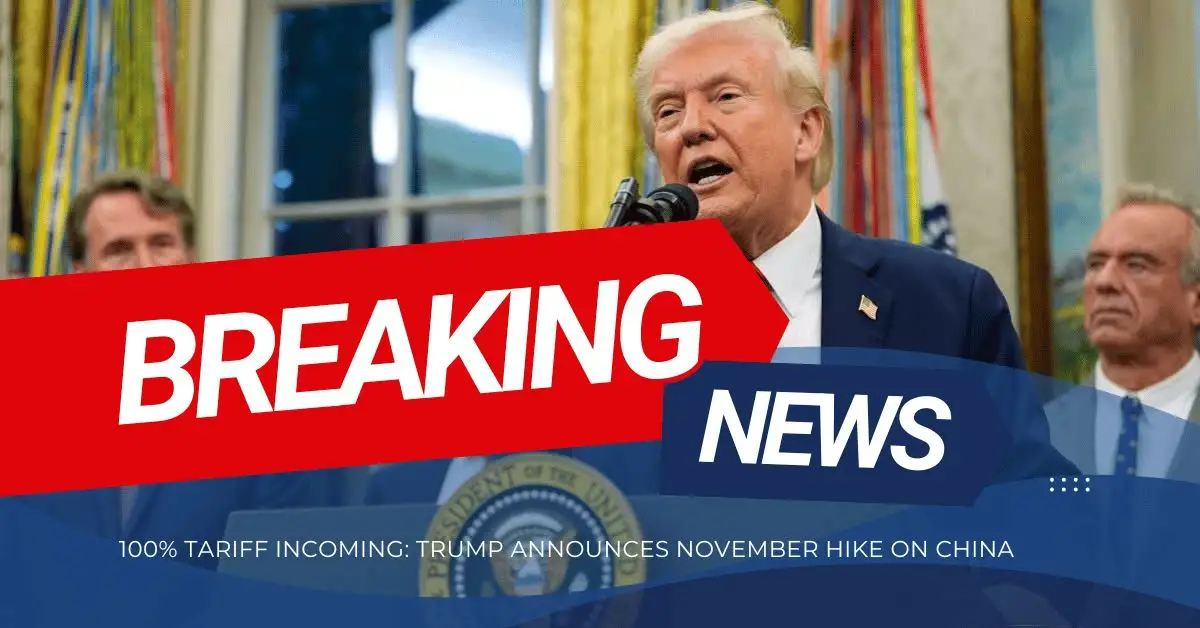Abstract:The Nigerian minimum wage of N30,000 has reportedly eroded its value by over 41% after it was last raised to this level in 2019. This is based on the recent report released by Afrinvest (West Africa) Limited, a wealth advisory firm running within the African continent.

By: Damian Okonkwo

The Nigerian minimum wage which has been at N30,000 since 2019, has witnessed significant erosion of value and loss of buying power by over 41% in 2023.
This is based on the recent report released by Afrinvest (West Africa) Limited, a wealth advisory firm operating within the African continent, in its report captioned “The Cost of Nigeria's Spiraling Inflation Rate on the Average Household,”.
The report, revealed that the Nigerian minimum wage has eroded by over 41% since 2019 due to the country's rising inflation rate. The report further disclosed that since the country's minimum wage was upgraded to N30,000 from the previous level of N18,000 in 2019, the headline for inflation index has since risen by over 68.3 percentage points from the tail end of 2019 to about 517.39 points in February 2023.
This erosion of purchasing power has led to a reduction of 40.6% in the average household's purchasing power, leaving consumers worse off in real terms compared to the pre-2019 period.
Furthermore, the report estimates that this loss of purchasing power is having negative consequences for the current and future economic health of households, with the share of final consumption expenditure of the average household in the inflation-adjusted national disposable income being about 71.3% in 2022, indicating a 3.9ppts reduction from the level last reported by the National Bureau of Statistics (NBS) during the first half of 2021 which is high above the 2019 level.
Earlier last month, the NBS had reported that Nigeria's inflation rate rose to a 17-year high of 21.91% in February, with the inflation rate primarily driven by higher food prices.
However, following the Afrinvest report, Nigeria's inflation rate began to spiral in August 2019 (from an average of 11.4% to 18.8% in 2021) after the government closed the borders to food importation due to its perceived impact on the structural domestic capacity.
Additionally, the average inflation rate reading has even worsened to 18.8% in 2022, thanks to the added pressure from the global supply chain stoked by the war in Eastern Europe.
The World Bank's latest Nigeria Development Update report stated that Nigeria's accelerated inflation growth has eroded the N30,000 minimum wage by 35.5% and widened the poverty net, affecting an estimated five million people in 2022. The report revealed that the minimum wage, which was $82 in 2019, has plummeted to $26. The heightened consumer price inflation has made Nigeria's inflation rate one of the highest in the world.
Overall, the Afrinvest report further recommended an increase in the national minimum wage rate from its current level, along with a matching effort aimed at boosting the general output level of the country in the near term to curb demand-pull inflation and reduce supply-side shocks. This will play a significant role in preventing more households from falling below the poverty line.
Thus, by adopting these measures, it is hoped that Nigeria can successfully mitigate the impact of the pressured macroeconomic fundamentals and improve the living standards of its citizens.











